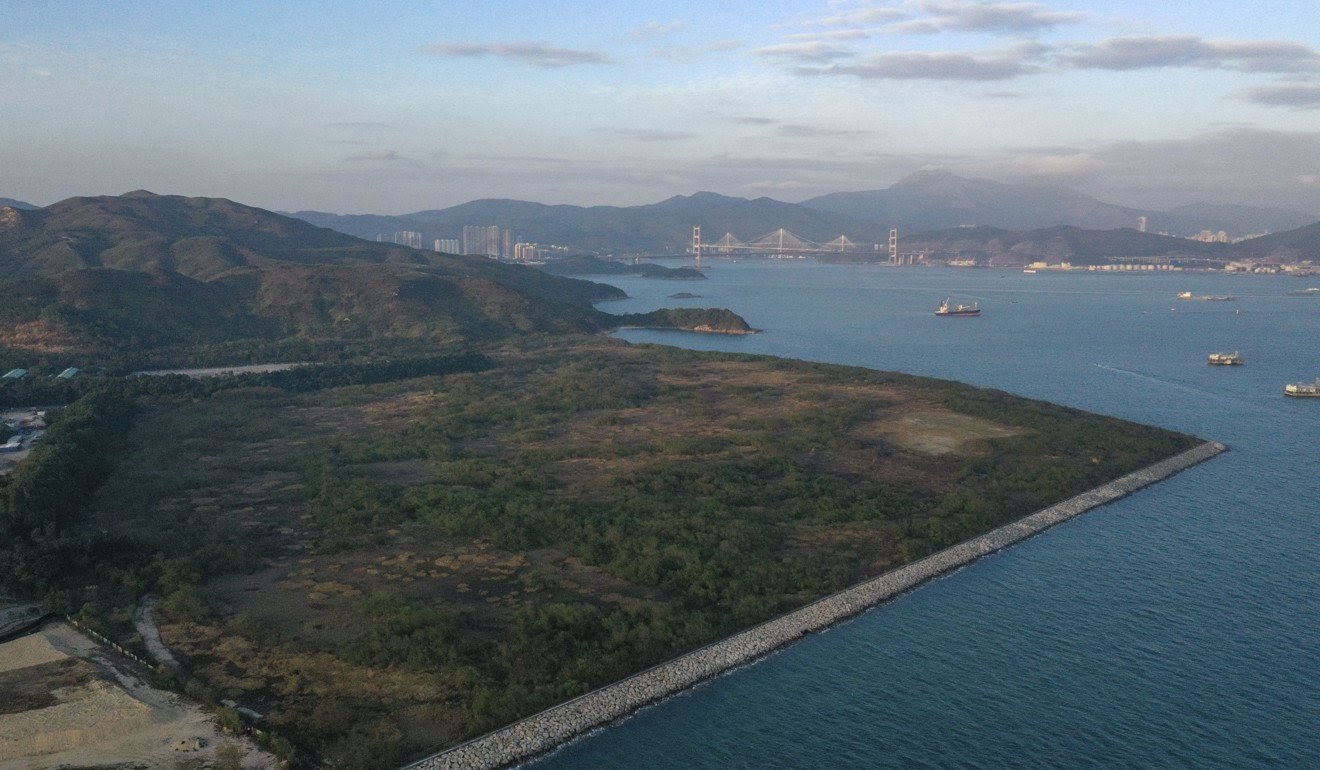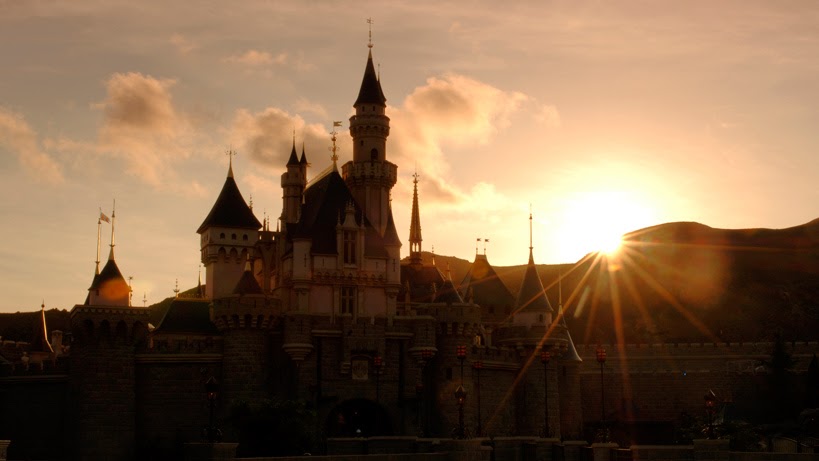Hong Kong Disneyland Urged to Release Land Reserved for Future Expansion
Hong Kong’s housing minister has urged Hong Kong Disneyland to release a piece of land the park had reserved for a potential phase-two expansion in order to create space for transitional housing, according to the South China Morning Post.
- This request is a complete change of direction from the government’s previous policy to not allow any residential use on this piece of land.
- Housing secretary Frank Chan Fan called for Hong Kong Disneyland to release the land, saying he hopes it would “consider its social responsibility and allow an exemption, so that the site can be used for transitional housing, until it has some long-term uses.”
- The 148-acre piece of land was reserved for Hong Kong Disneyland’s potential expansion as part of a deal that was made in 2000.
- The Hong Kong government owns a 53% controlling stake in Hong Kong Disneyland, with the Walt Disney Company owning the remaining 47%.

The 148 acres of land in question
What they’re saying:
- Hong Kong Disneyland Spokesperson: “The question of phase two development is a shareholder matter. Our focus at the moment is on project construction under the multi-year expansion and development plan, which will strengthen and broaden [Hong Kong Disneyland’s] appeal and provide new reasons for guests of all ages and genders to come and return.”
- A Commerce and Economic Development Bureau spokesperson: “These are contractual obligations which the government needs to follow. We welcome any short-term projects at the phase two site that are compatible with [the deed] and could further exploit the recreation, tourism and entertainment positioning in the vicinity of [Hong Kong Disneyland].”
- Tourism sector legislator Yiu Si-wing: “Obviously, [Chan’s] remarks will put pressure on Disneyland. Under the current economic outlook, I do not think Disneyland will need to develop the site for a new phase in the near future. There is no harm in them letting the government use it for the meantime for transitional housing. Even big private developers are willing to donate some of their idle land to the government for transitional housing. Disney should also consider its social responsibility.”



